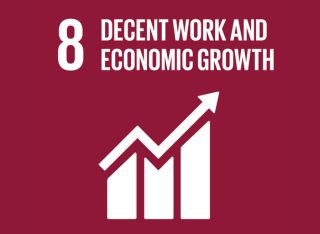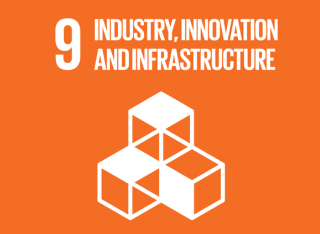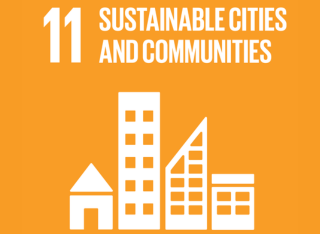
Travel and transport
We are committed to help people work, study and commute in a smarter way in order to secure a sustainable future for the University within Guildford. Flexible working policies, event transport planning and the introduction of sustainable alternatives like pool vehicles and bikes are just a few examples of how we are making this happen.
Key successes
- A range of discounted bus passes are available for staff and students.
- A night bus service for the University and north-west Guildford has been introduced, championed by the student population, Guildford Borough Council and local residents.
- Electric bikes are now on campus and across Guildford to encourage sustainable travel not only between our campuses, but also within the local area. A 25% student discount is available to ensure the scheme is accessible.
- Bike storage facilities are available for staff and students to utilise on Stag Hill campus, Manor Park campus, Hazel Farm campus and the Surrey Research Park.
- All staff have access to an electric vehicle salary sacrifice scheme, as well as a cycle to work scheme.
- Electric vehicle charging units have been installed on Stag Hill campus, with a discounted charging rate available for staff and students.
- New developments on campus have created an additional 350 jobs while the proportion of staff who drive has remained broadly consistent between 42 and 48 per cent.
Embracing greener travel and transport solutions
Find out about our work we are doing and the benefits of choosing sustainable transport.
Travel Plan 2024
The Travel Plan 2024 (docx) sets necessary objectives, measures and targets we're aiming to meet.
Main objectives include:
- Creating a cost neutral operation that meets all legal requirements
- Encouraging a shift in mode of transport
- Engendering personal responsibility
- Working in partnership with others
- Ensuring a smooth operation
- Providing the best transport experience.
Travel to Work and Remote Working Survey
In June, the Sustainability, HR and Surrey Living Lab teams conducted a staff survey to establish whether Covid-19 has changed employee opinions regarding remote working and travel to work. Over 1,200 staff took the survey. Key findings included:
- Seven out of ten respondents said that they had rarely or never worked remotely before Covid-19
- Most respondents commented that remote working had been better than expected, and that they were more productive, less distracted, and better at workload management when working remotely
- Eight out of ten respondents said that they would like to work remotely more frequently, even after they are allowed back to work on campus
- It seems unlikely that commuting behaviours are going to change significantly after Covid-19. Rather than changing travel mode, it seems that most staff would like to commute less in general and work remotely more frequently, in the short and long-term future.
Shaped by the data from this study, HR are developing new working policies and working collaboratively with the Sustainability and Surrey Living Lab teams to try to enhance potential co-benefits, such as improved staff wellbeing, cleaner air and a reduction in carbon emissions from transport.
Read the full survey summary report (PDF).
Sustainable Development Goals
Many of the UN Sustainable Development Goals are actioned through our work on sustainable travel and transport.




